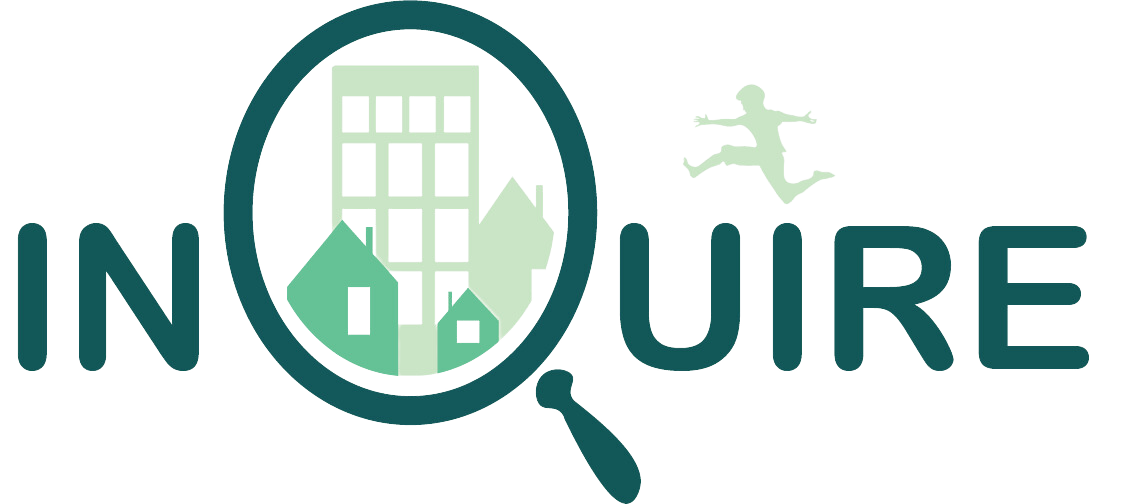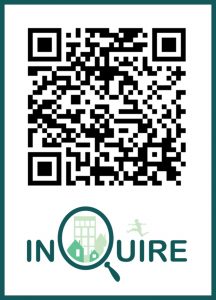Project Description
Enabling homes to realise zero pollution holds multiple health benefits for all Europeans – especially our children. This is the goal of the EU-funded INQUIRE project. It will provide the knowledge, tools and measures needed to significantly enhance indoor air quality. Research on hazardous determinants and their sources, risk factors and effects will focus in particular on infants and young children up to 5 years old. The work will include non-invasive sampling and monitoring of over 200 homes in eight countries over the course of 1 month. Results will inform evidence-based recommendations and support beneficial exploitation by industry and policymakers.

News & Events
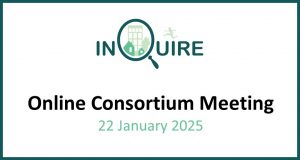
INQUIRE Consortium Meeting TODAY!!!
Welcome to the 2025 online INQUIRE consortium meeting
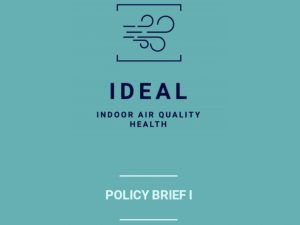
First IDEAL Cluster Policy Brief
The first IDEAL Cluster policy brief is out – check it out!
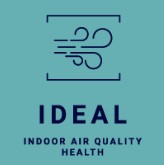
IDEAL workshop – don’t miss out!
Are you interested in air quality research?
Join our workshop and learn how we use real-life air pollutants for in vitro toxicological assessment!
Social media
🔔𝐓𝐰𝐢𝐧𝐀𝐈𝐑 𝐔𝐩𝐜𝐨𝐦𝐢𝐧𝐠 𝐖𝐞𝐛𝐢𝐧𝐚𝐫 – 𝐒𝐚𝐯𝐞 𝐭𝐡𝐞 𝐃𝐚𝐭𝐞!🔔
💡How do we ensure ethics, privacy and participant protection in #TwinAIR pilot sites?
🗓️19 February 2026
⏲️11:00 CET
🔗Secure your spot: https://twinair-project.eu/get-ready-for-the-3rd-twinair-webinar/
#TwinAIR #eufunded #hadea #IAQ
Participants & Partners
Funding


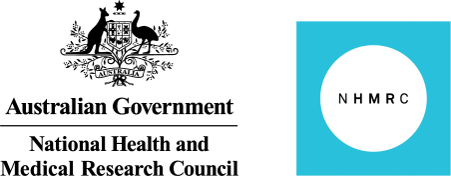
This work was co-funded by UK Research and Innovation (UKRI) under the UK government’s Horizon Europe funding guarantee [grant number 10038689 and 10042425].
Funded by the European Union. Views and opinions expressed are however those of the author(s) only and do not necessarily reflect those of the European Health and Digital Executive Agency (HaDEA). Neither the European Union nor the granting authority can be held responsible for them.
The work received funding support from the Australian National Health and Medical Research Council (NHMRC) [NHMRC; 2022/GNT2017837].
